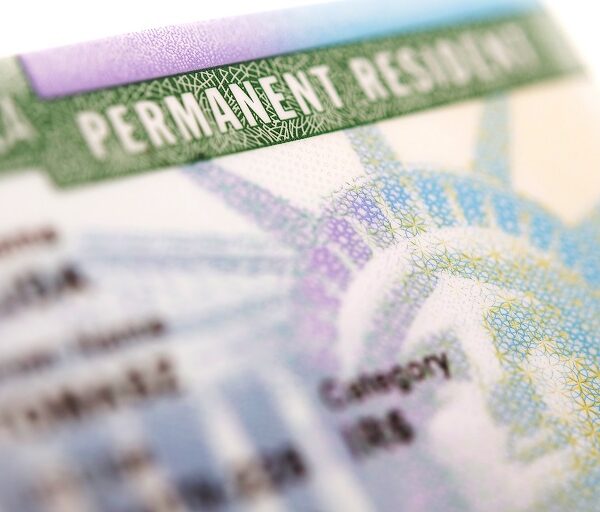Understanding New Zealand’s Investor Immigration Policy Changes
New Zealand is renowned for its breathtaking landscapes, rich culture, and welcoming communities. As the nation aims to bolster its economy, recent changes to the investor immigration policy have set the stage for significant growth. This shift is designed to attract foreign investment and expertise, thereby enhancing the country’s economic framework. In this post, we’ll explore the details of these policy changes and their potential impact on New Zealand’s economy.
Key Aspects of the Investor Immigration Policy Changes
The New Zealand government has introduced several notable adjustments to its investor immigration policies. These changes are tailored to make the country a more attractive destination for high-net-worth individuals looking to invest. Let’s delve into the primary features of the revised policy.
1. Increased Investment Thresholds
One of the most critical alterations involves the increase in investment thresholds for potential immigrants. Previously, the minimum investment required for the Investor 1 and Investor 2 categories was lower. The new policy raises these thresholds to ensure that only substantial investments contribute to the economy.
The new investment thresholds are as follows:
This adjustment aims to attract investors who can significantly contribute to economic growth while ensuring that investments are sustainable and beneficial for New Zealand.
2. Emphasis on Job Creation
Another significant focus of the new policy is job creation. The government recognizes that attracting investors is not just about the capital they bring but also the opportunities they create for locals. Thus, the revised regulations stipulate that applicants must demonstrate how their investments will lead to job creation in New Zealand.
This emphasis on job creation is vital for several reasons:
By prioritizing job creation, New Zealand aims to enhance its workforce and stimulate economic activity across various sectors.
3. Streamlined Application Process
The government also recognizes that a cumbersome application process can deter potential investors. In response, the new policy includes measures to streamline the application process for investor visas. This approach is intended to make it easier for qualified applicants to navigate the requirements, thus attracting a larger pool of investors.
Key improvements in the application process include:
These changes are expected to reduce waiting times and create a more efficient immigration experience for investors.
The Economic Impact of Investor Immigration Policy Changes
The changes to New Zealand’s investor immigration policy are projected to have a profound impact on the nation’s economy. By attracting high-net-worth individuals, the government aims to stimulate economic growth and development in various ways.
1. Boosting Capital Inflows
By raising the investment thresholds, New Zealand is positioning itself as a more lucrative destination for substantial capital inflows. These investments are essential for funding infrastructure projects, technological advancements, and other critical sectors.
The expected benefits include:
As a result, the economy is likely to experience accelerated growth and improved living standards for residents.
2. Encouraging Innovation and Entrepreneurship
Investor immigrants often bring unique skills, knowledge, and experiences that can foster innovation. By attracting individuals with diverse backgrounds and expertise, New Zealand can enhance its entrepreneurial ecosystem.
This can lead to:
Encouraging innovation will position New Zealand as a competitive player in the global economy.
3. Strengthening International Relationships
The influx of foreign investors can also enhance New Zealand’s international relationships. As investors establish business operations and partnerships, they naturally form connections with their home countries.
The potential advantages include:
These relationships can provide New Zealand with opportunities to expand its presence on the global stage.
Challenges and Considerations
While the changes to the investor immigration policy are largely positive, it is essential to consider potential challenges.
1. Balancing Economic Growth with Local Needs
As New Zealand welcomes foreign investors, there is a need to ensure that local communities benefit from these changes. It is crucial to strike a balance between attracting investment and addressing the needs of residents.
2. Environmental Considerations
Increased investment can sometimes lead to environmental concerns, particularly in sectors like real estate and agriculture. Policymakers must ensure that investments align with sustainability goals to protect New Zealand’s natural beauty.
Conclusion
New Zealand’s revised investor immigration policy represents a strategic move to drive economic growth and create a prosperous future for its citizens. By attracting high-net-worth individuals, the country aims to enhance its capital inflows, promote innovation, and strengthen international relationships.
As these changes take effect, the focus will be on ensuring that the benefits of foreign investment are felt across all levels of society. With careful implementation and ongoing support, New Zealand can harness the potential of its investor immigration policy to create a thriving economy that meets the needs of both investors and locals alike.







